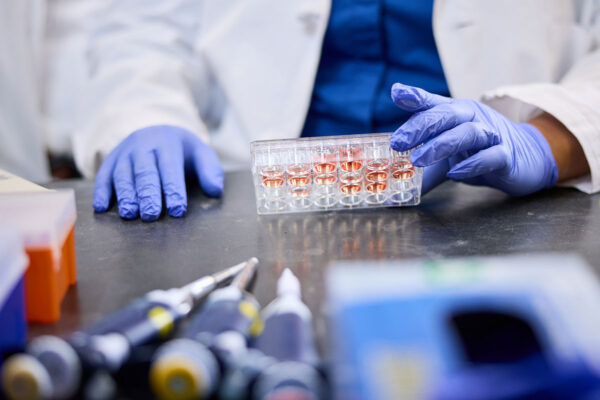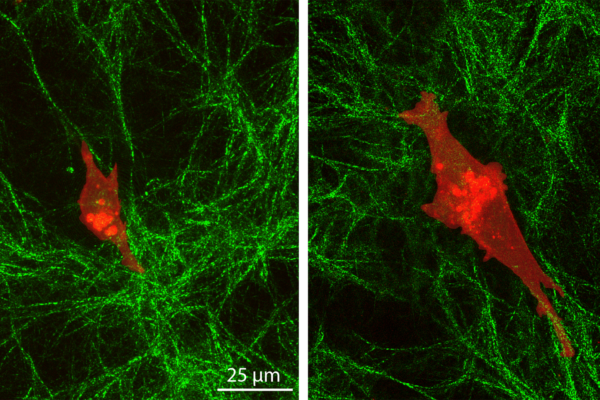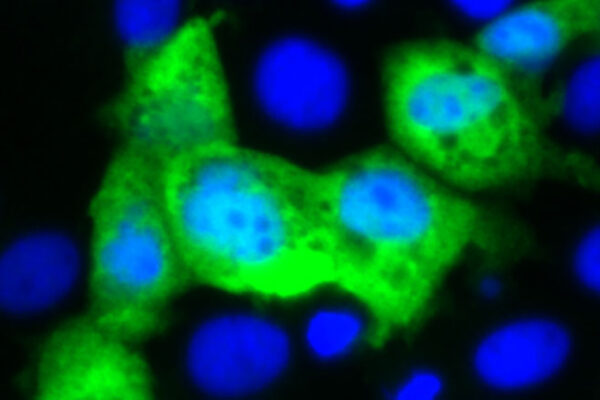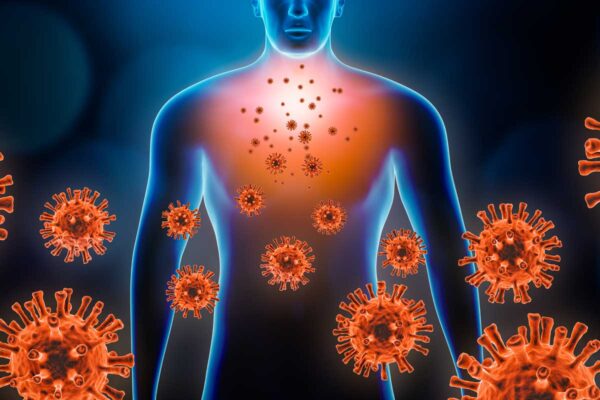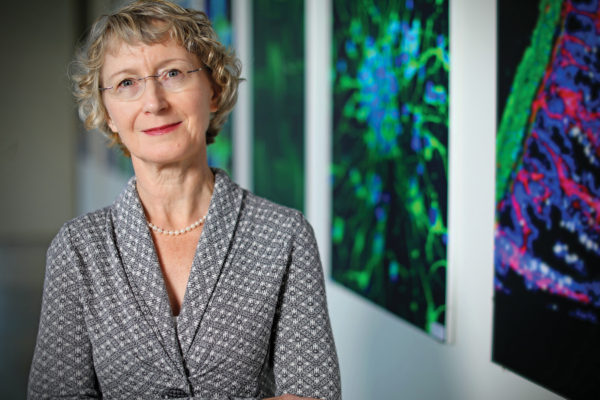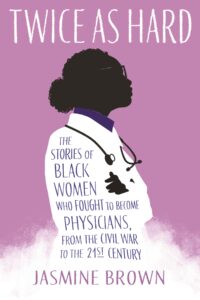Shining a light on Black women physicians
From the Civil War to the 21st century, Black women have fought to become physicians. A new book by Jasmine Brown, AB ’18, tells the story of the barriers Black women pursuing a career in medicine have faced throughout history.
Campbell to map network connections in the brains of Parkinson’s patients
Meghan Campbell, an associate professor of neurology and of radiology at the School of Medicine, and Caterina Gratton, of Florida State University, have received a five-year $3 million award from the National Institutes of Health (NIH) to image functional brain networks in people with Parkinson’s disease.
Grant supports training physician-scientists in cancer research
School of Medicine researchers have received a grant from the National Institutes of Health (NIH) to support training and mentorship for early-career physician-scientists. This funding opportunity will provide support for early-career physicians pursuing careers in cancer research.
Cancer cells penetrate deep into their environment
Researchers from the laboratory of Amit Pathak at the McKelvey School of Engineering found that cancer cells can sense a layer of cells beneath the top collagen layer on which they normally travel, while normal cells cannot. Their new study was published in Cell Reports.
New approach targets norovirus, world’s leading cause of foodborne infection
Researchers at the School of Medicine have found a creative way to make a vaccine for norovirus, the leading cause of foodborne infections, by piggybacking on rotavirus, an unrelated virus for which there are already several highly effective vaccines.
Dahiya named to international brain tumor working committee
Neuropathologist Sonika Dahiya, MD, a professor of pathology and immunology and chief of the neuro-oncology section at the School of Medicine, has been named to the Working Committee of the Consortium to Inform Molecular and Practical Approaches to CNS Tumor Taxonomy.
COVID-19 patients’ blood plasma shows who is most likely to become severely ill
School of Medicine researchers have identified specific proteins that may help predict which COVID-19 patients may need to be placed on ventilators to breathe and which are most likely to die of the virus.
Transdisciplinary team to study political instability, health outcomes
A team of Washington University in St. Louis researchers — including experts in political science, sociology, mathematics and medicine — are among the first to receive an Arts & Sciences Incubator for Transdisciplinary Futures grant to study how historical border instability influences contemporary public trust and vaccine hesitancy.
Solnica-Krezel honored for contributions to developmental biology
Lilianna Solnica-Krezel, the Alan A. and Edith L. Wolff Distinguished Professor and head of the Department of Developmental Biology at the School of Medicine, is to receive the 2023 Edwin G. Conklin Medal from the Society for Developmental Biology.
Twice as Hard
The Stories of Black Women Who Fought to Become Physicians, from the Civil War to the 21st Century
Black women physicians’ stories have gone untold for far too long, leaving gaping holes in American medical history, in women’s history, and in black history. It’s time to set the record straight.
Older Stories


